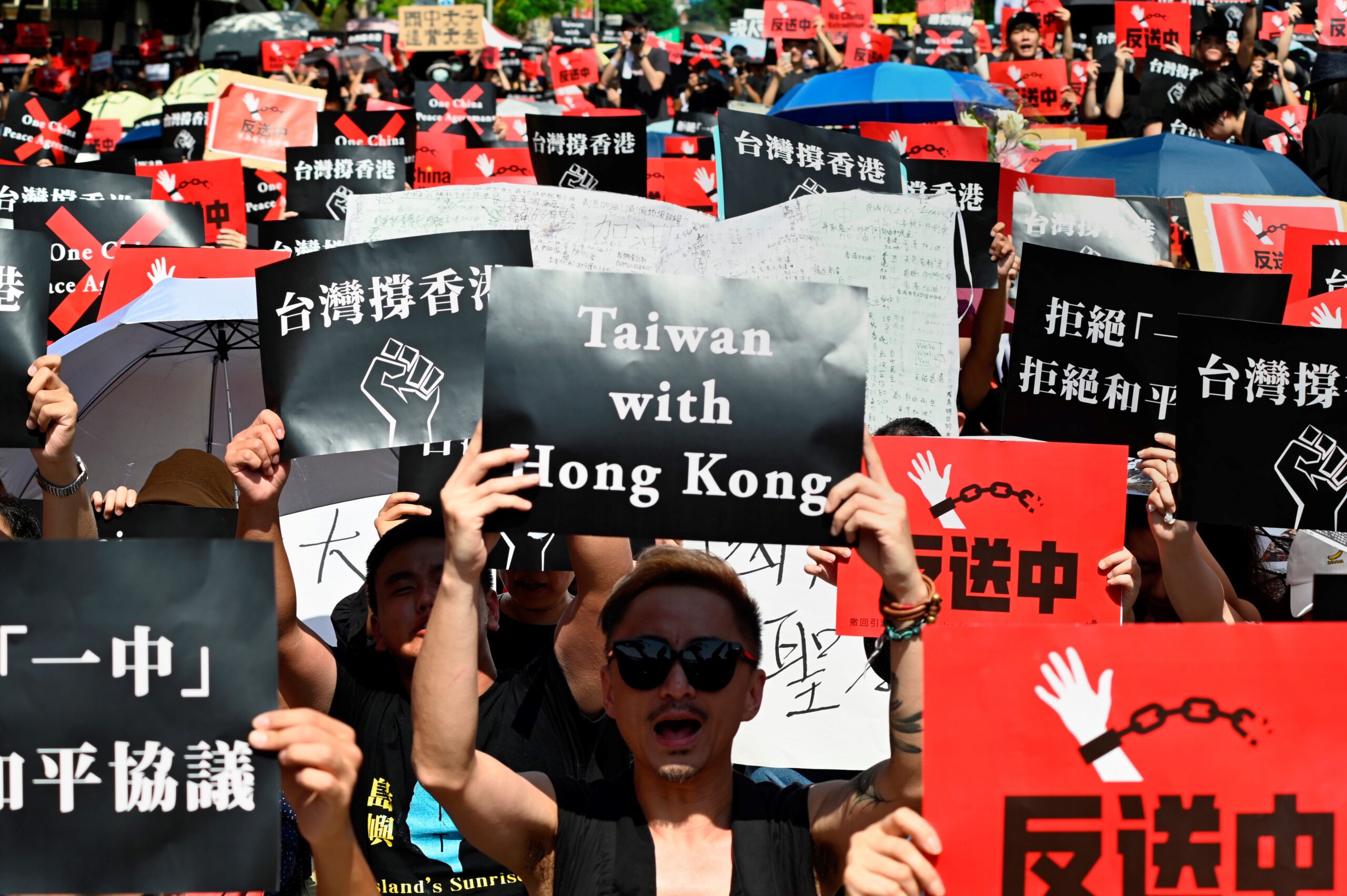After the Coup in Egypt (II)
The post-coup situation in Egypt has deteriorated very quickly:
Egyptian soldiers and police clashed with Islamists protesting the military’s ouster of the president in bloodshed that left at least 42 protesters dead, officials and witnesses said, and plunged the divided country deeper into crisis with calls by the Muslim Brotherhood’s political party for all-out rebellion against the army [bold mine-DL].
The killing of these protesters may not lead to a widespread uprising against the military, but it is an example of the sort of violent confrontation that last week’s coup was bound to invite. According to the report, there is predictably a dispute about who started the clash. Here is another report on what one of the pro-Morsi protesters saw. Even assuming that the military was provoked into making the assault, the Muslim Brotherhood can exploit this disaster to present themselves as a persecuted opposition group whose unarmed members are being killed in the streets. It is likely that incidents such as these will keep happening, because the Brotherhood has a great deal to gain from continued clashes with the military. These will result in excesses and abuses that can be used to discredit the coup leaders in Egypt and internationally, and over time the coup government will lose the popular support that has been invoked so many times as its justification.
If there is a major uprising, the crackdown by the military would become that much more severe, and that would impose additional economic and social costs on all Egyptians regardless of their politics. Meanwhile, the U.S. would then be faced with the choice of whether or not to continue subsidizing a coup regime that is also brutally suppressing protests. Unlike the crackdown in Bahrain, this wouldn’t be quickly forgotten or overlooked in the West, but would likely become one of the major international stories appearing in the news on a daily basis.
More troubling is the FJP’s comparison of the situation with Syria:
The party also called on the international community to stop what it called the massacres in Egypt and accused the military of pushing Egypt toward civil war, warning the country was in danger of becoming a “new Syria.”
Of course, this “warning” can easily be seen as a threat to try to drag Egypt into a conflict like the one in Syria. Needless to say, even a low-intensity conflict in a country as large and poor as Egypt would quickly become a serious humanitarian crisis. The U.S. could try to use whatever leverage it still has, but at this point it seems unlikely that anyone in Egypt cares what Washington says.
